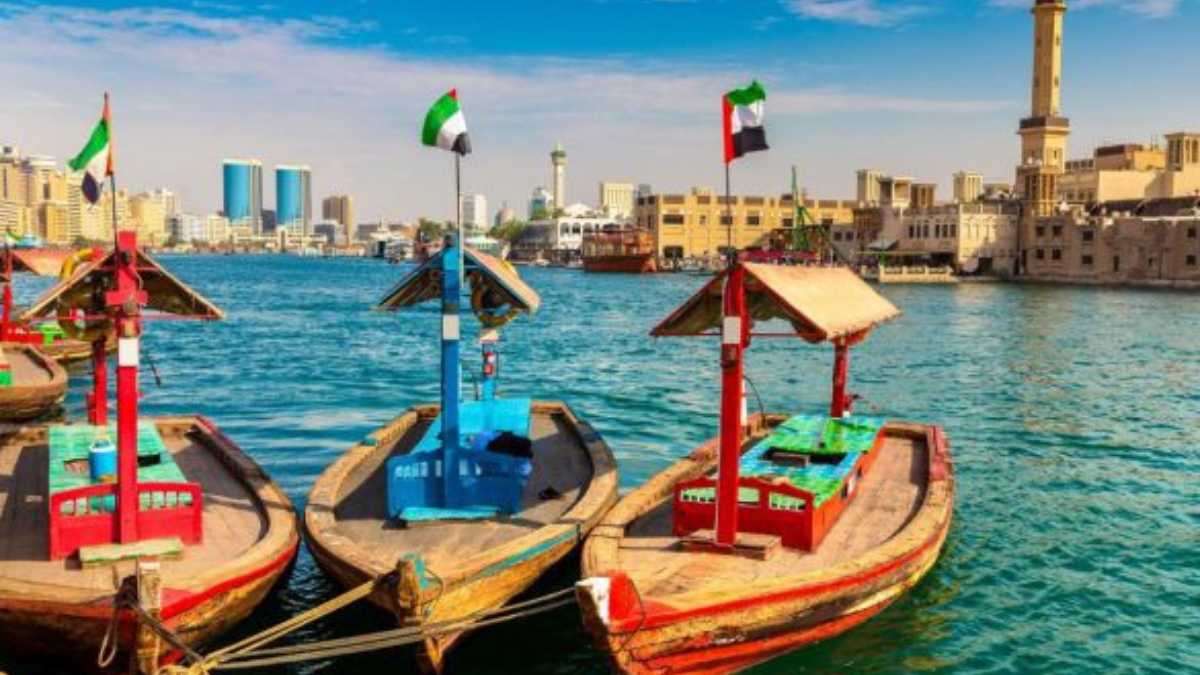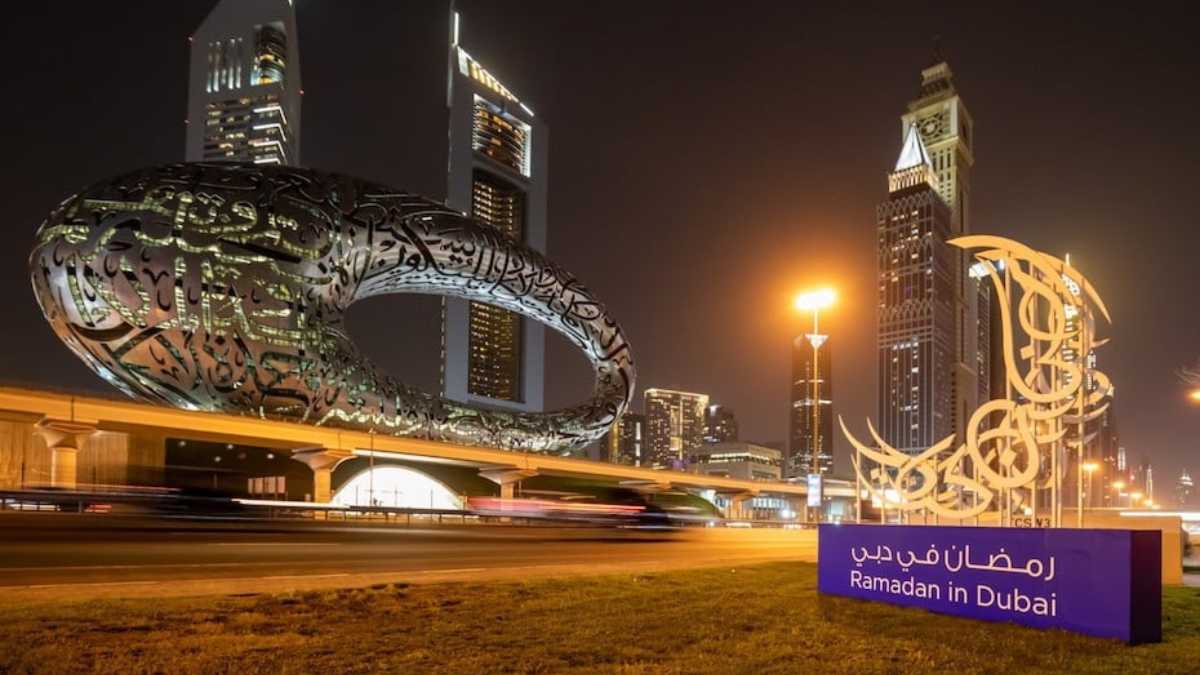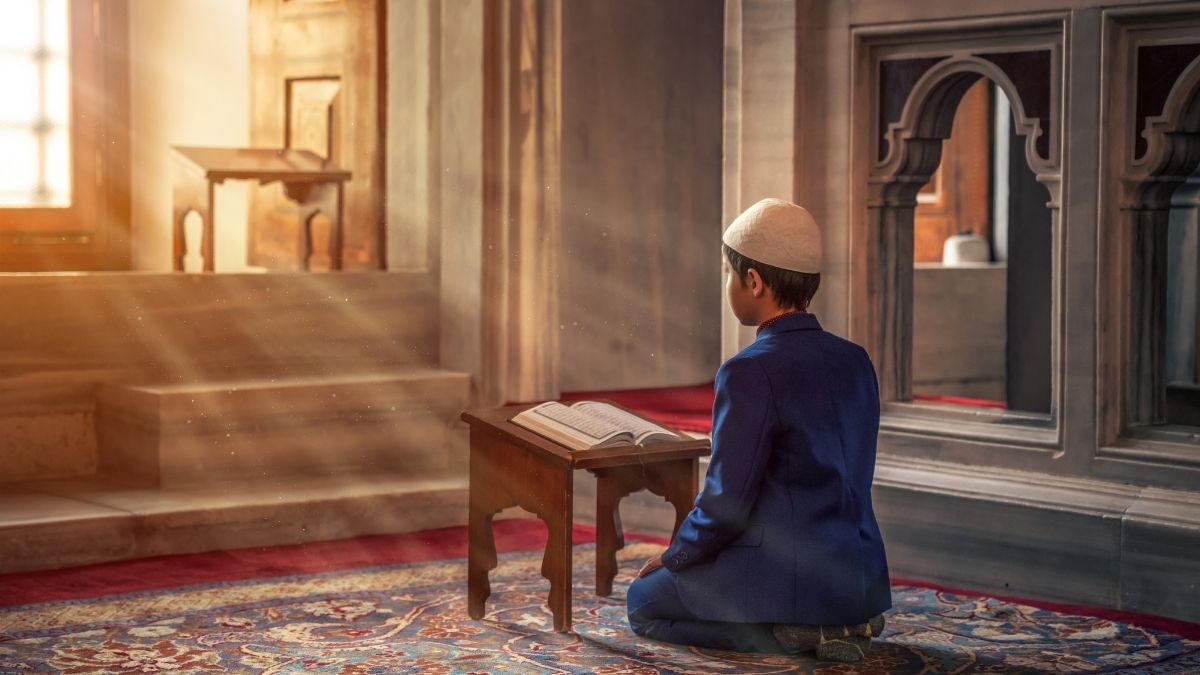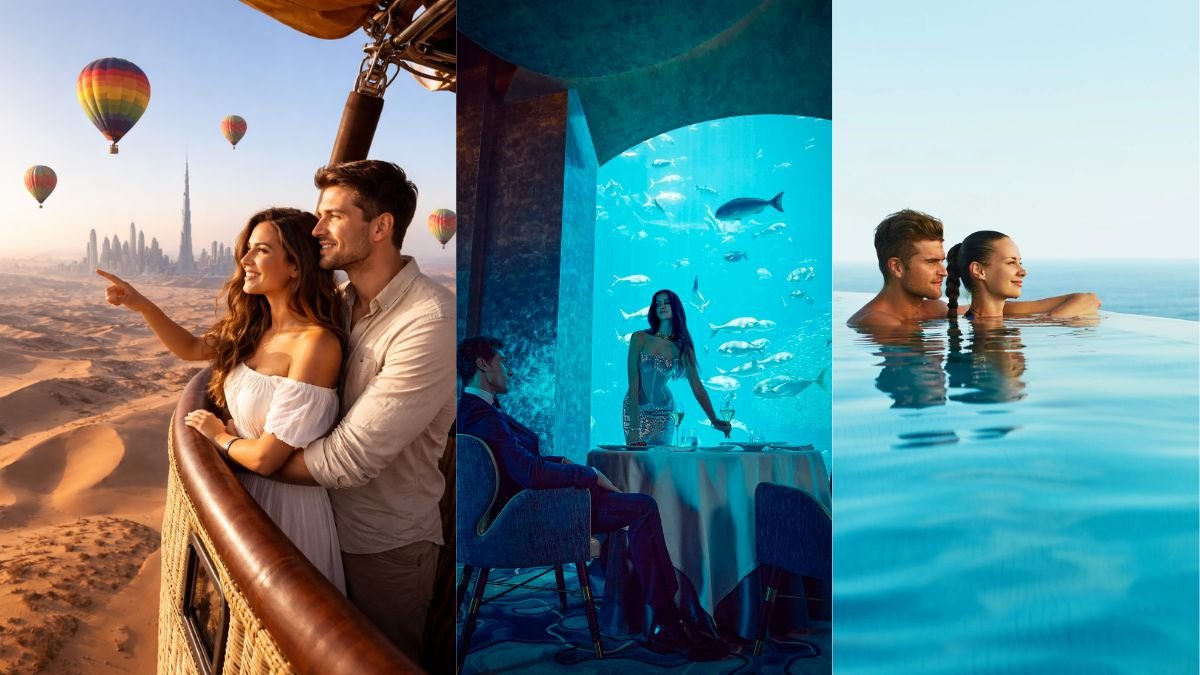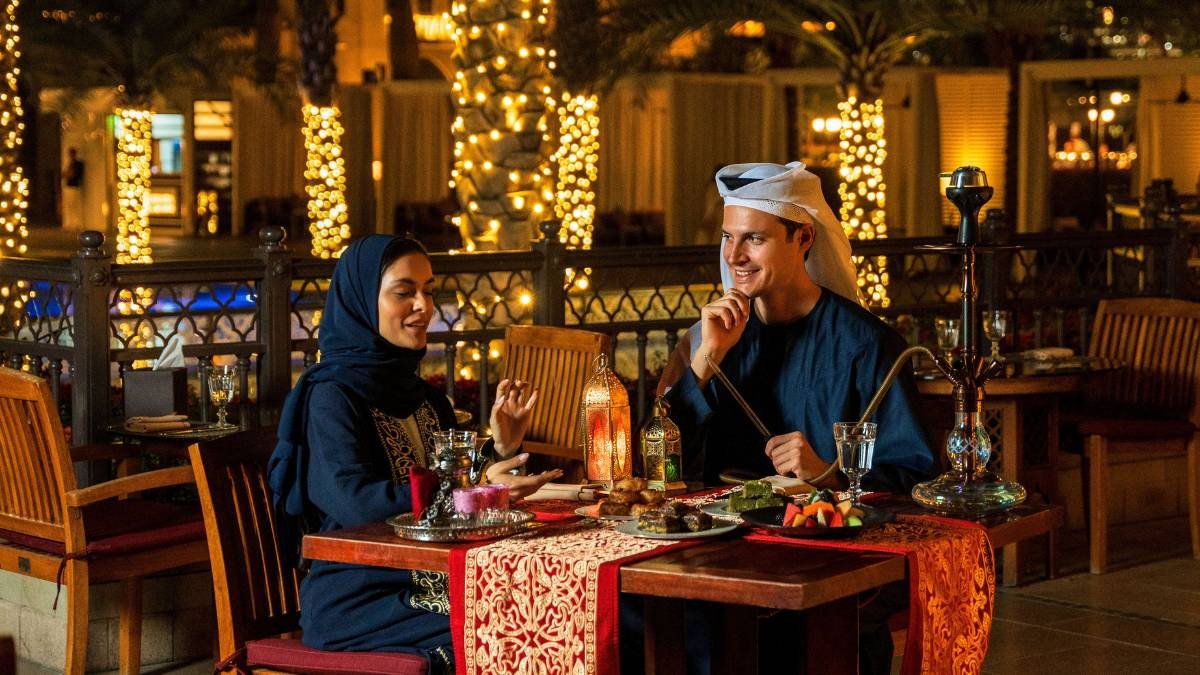Dubai’s iconic abra stations along the historic Dubai Creek have undergone a remarkable transformation. The Roads and Transport Authority (RTA) has not only focused on enhancing passenger experience but also on bolstering security and safety measures. While preserving the cultural and historical significance of these stations, the RTA has introduced advanced amenities and eco-friendly features. In this article, we delve into the revitalization of four traditional abra stations, offering a glimpse of the past while embracing the future.
A Nod to Tradition
Dubai Creek’s Legacy
Dubai Creek has been at the heart of the city’s history for centuries. The abra stations that dot its shores are not merely transportation hubs; they are a testament to Dubai’s cultural heritage. How has the RTA managed to maintain this legacy while modernizing these stations?
Abra Stations Transformed
The four abra stations that have received a facelift include the Bur Dubai Model Station, Deira Old Souq Station, Dubai Old Souq Station, and Sabkha Station. Let’s explore how each of these stations has been transformed to cater to the needs of modern commuters.

The Bur Dubai Model Station
Blending Past and Present
The Bur Dubai Model Station is a prime example of the RTA’s commitment to preserving history while embracing the present. How has the station managed to maintain its historic and cultural identity? What advanced amenities are now available to commuters?
Sustainable Construction
One of the noteworthy aspects of the revamp is the use of environment-friendly and durable materials. How does this not only cut maintenance costs but also extend the lifespan of these assets? What role does sustainability play in the RTA’s vision for the future?
Deira Old Souq Station
A Glimpse into Tradition
Deira Old Souq Station is where the past meets the present. How has this station been revamped to ensure that its historical significance is not lost? What high-tech services are now available to passengers?
Shaded Comfort
Shaded outdoor spaces have been thoughtfully incorporated into the station’s design. How does this enhance the passenger experience, especially in Dubai’s climate? What opportunities do these spaces provide for retail outlets?
Dubai Old Souq Station
A Hub of History
The Dubai Old Souq Station is steeped in history. How has the RTA retained the station’s cultural identity while introducing modern amenities? What unique features make this station a must-visit for both riders and tourists?
Reducing Carbon Footprint
In addition to enhancing passenger experience, the RTA has focused on sustainability. How does the construction of these stations contribute to reducing carbon emissions? What impact does this have on the environment?
Sabkha Station
A Modern Oasis
Sabkha Station offers a blend of tradition and modernity. What aspects of the station reflect its cultural heritage? How does it cater to the needs of today’s commuters?
Increasing Passenger Capacity
The RTA’s efforts to increase the passenger capacity of Bur Dubai Station by 33% are noteworthy. How has this been achieved, and what does it mean for commuters and the city’s transportation network?
Marine Transport in Dubai
A Growing Mode of Transportation
Dubai’s marine transport has witnessed consistent growth, with millions of riders annually. How has the sector evolved since the inauguration of the Dubai Water Canal? What role does marine transport play in Dubai’s mobility landscape?
The Future of Marine Transport
With ongoing developments along the shores of the Dubai Water Canal and the construction of marine stations, what does the future hold for marine transport in Dubai? How does the RTA plan to make it the ideal mobility choice for all?

Technological Advancements
Predictive Maintenance
The RTA has introduced a predictive maintenance system involving remote monitoring devices and sensors. How does this system analyze data, predict faults, and improve maintenance efficiency? What benefits does it offer to passengers and the RTA itself?
Real-Time Monitoring
What are the plans for introducing a real-time monitoring system for marine transport? How will this system enhance passenger safety and service reliability?
Conclusion
Dubai’s abra stations along the historic Dubai Creek have not just been revamped; they have been revitalized with a vision for the future. The RTA’s commitment to preserving cultural heritage while embracing modernity is evident in every aspect of this transformation. As these stations continue to serve millions of riders annually, they stand as a testament to Dubai’s rich history and its determination to offer world-class transportation services.

